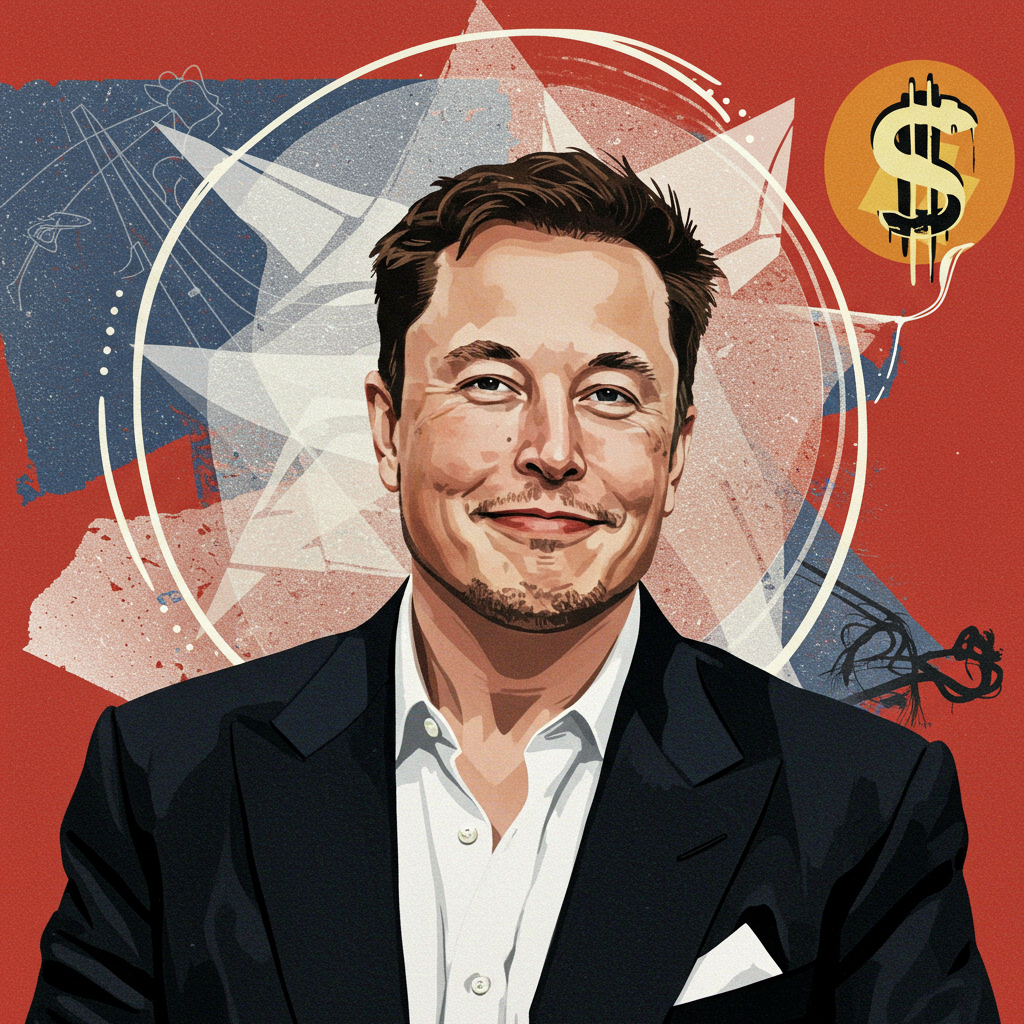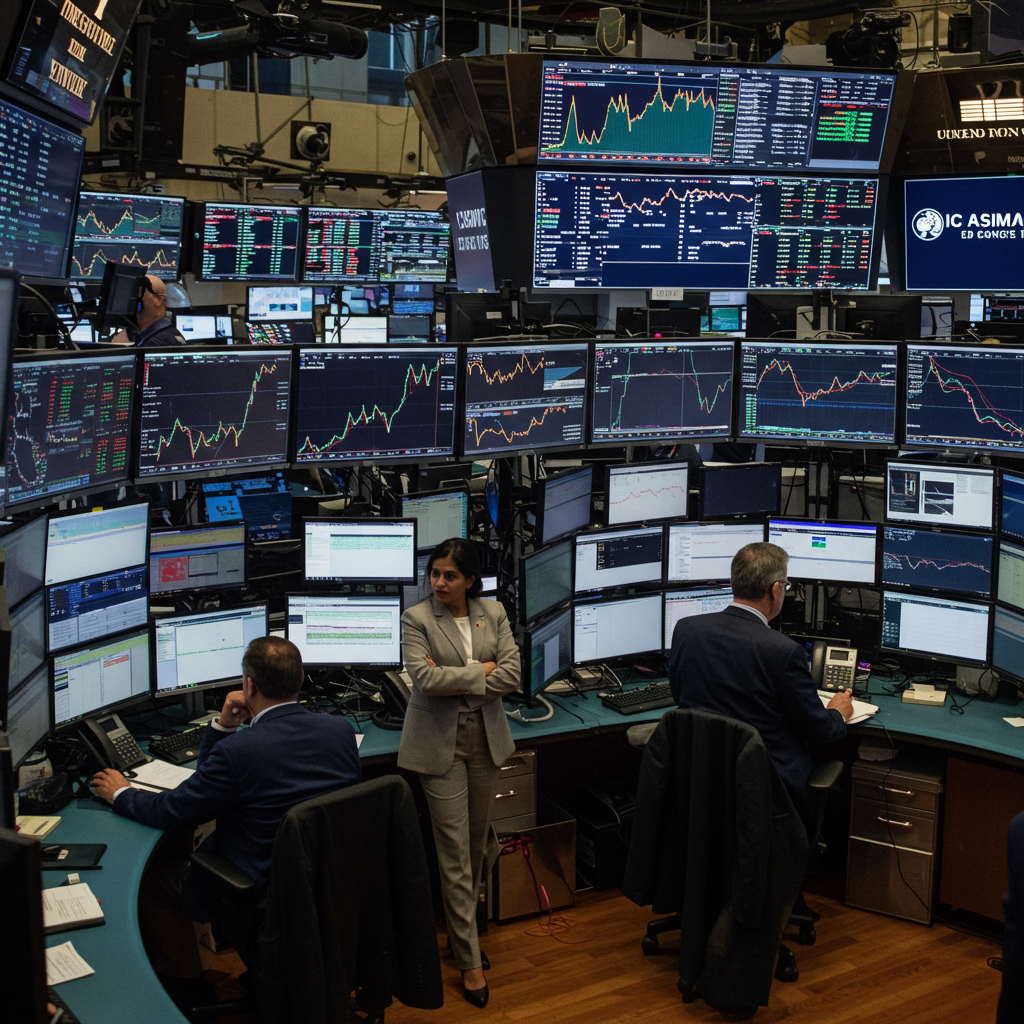In a pivotal move for the future of the electric vehicle giant, Tesla has unveiled a new, substantial compensation package for CEO Elon Musk. Valued at approximately $29 billion and comprising 96 million new shares, this interim award aims to firmly secure Musk’s continued leadership. The decision, announced on August 4, 2025, arrives as Tesla navigates a critical strategic pivot and an ongoing legal battle over a previously voided 2018 pay deal. This package is designed to keep the visionary entrepreneur at the company’s helm during a period of intense transformation.
Securing Leadership Amid Strategic Transformation
Tesla’s board describes this “interim award” as a “good faith” gesture. It seeks to honor the spirit of the original 2018 compensation package, which exceeded $50 billion. That earlier deal was invalidated by a Delaware court last year and remains under appeal. The new agreement underscores Tesla’s belief that retaining Musk’s “extraordinary talent” is paramount. He is considered the architect of the company’s ambitious shift towards robotaxis and humanoid robots, moving beyond its foundational electric vehicle (EV) business.
This significant grant is tied to specific conditions. Musk must remain a top executive at Tesla for another two years to fully vest the shares. He is also required to hold these shares for five years after acquisition. The exercise price for purchasing these shares is set at $23.34 per share, mirroring the terms of his initial 2018 award. Crucially, a “no double-dip” clause is included: if the original 2018 package is reinstated by the courts, this new $29 billion award will be canceled or significantly reduced.
The Legal Labyrinth of Executive Compensation
The saga of Elon Musk’s compensation is a complex one, deeply rooted in a legal dispute that began with his 2018 performance award. This package, once the largest in U.S. corporate history, linked substantial payouts to aggressive market capitalization and revenue milestones. However, Delaware Chancery Court Judge Kathaleen McCormick voided the deal in January 2024. She cited “sham negotiations” and a perceived lack of informed shareholder consent. A subsequent shareholder vote in June 2024 to reinstate the package also failed to sway the judge, leading to another rejection in December.
In response to these legal setbacks, Tesla’s board formed a special committee of disinterested directors in May 2025. This committee’s mandate was to explore new, viable compensation options for its CEO. The 96 million restricted stock award is the direct outcome of this committee’s work. Unlike the original plan, this new interim award does not include performance hurdles. Instead, it features restrictions aimed at aligning Musk’s incentives with Tesla’s long-term objectives.
Addressing Concerns and Market Dynamics
The decision to grant Musk this new Tesla compensation package comes amidst growing concerns about his focus. His extensive business empire, which includes the artificial intelligence startup xAI and space exploration firm SpaceX, has raised questions about his undivided attention on Tesla. This is particularly relevant as the company faces significant market pressures. Tesla shares have experienced a decline of approximately 25% this year. This downturn is largely attributed to flagging sales and profits.
The EV market has become increasingly competitive. Traditional automakers like General Motors, Hyundai, and BMW are aggressively expanding their market share. Even Tesla’s much-hyped Cybertruck has largely underperformed initial expectations since its 2020 debut. Musk himself has previously threatened to leave the company unless he gains more control, adding another layer of urgency to the board’s decision. This new award is intended to maintain his commitment to the core enterprise.
Impact on Brand Loyalty and Corporate Governance
Musk’s increasing involvement in political activities has also cast a shadow over Tesla’s brand. Data from S&P Global Mobility showed a dramatic plunge in Tesla’s customer retention rate. This rate, representing the percentage of owners buying another Tesla, fell from 73% to just 49.9% by March 2025. This unprecedented decline was directly linked to Musk’s public endorsement of Donald Trump and his role in the Trump administration.
While loyalty rebounded slightly to 57.4% by May 2025 as Musk distanced himself from Trump, the fluctuations highlight a unique challenge for the company. The board’s move to secure Elon Musk with this new pay deal indicates their unwavering belief in his indispensable role. They acknowledge his diverse ventures but express confidence that this award will keep him fully incentivized to remain at Tesla. This situation underscores ongoing debates about corporate governance. It also highlights the mechanisms for retaining crucial talent, particularly in tech companies led by visionary founders.
The Path Forward: AI, Robotics, and Beyond
Tesla is at a critical inflection point. The company is actively transitioning from a pure electric vehicle manufacturer to a broader technology company. This strategic pivot focuses heavily on artificial intelligence, robotics, and autonomous vehicles. Musk has consistently emphasized Tesla’s ambitions in humanoid robots, specifically the Optimus project, and the deployment of robotaxis. Maintaining his leadership is deemed absolutely critical for this pivotal transformation to succeed.
Financial analysts suggest that this Musk compensation package buys crucial time. It allows Tesla to solidify its strategic direction until the Delaware Supreme Court rules on the $56 billion package’s appeal. This ruling is anticipated later in 2025. If the original package is eventually upheld, it would restore Musk’s substantial equity stake, further bolstering his control. This is vital as Tesla expands aggressively into AI and energy solutions. The board explicitly stated that Musk has not received “meaningful compensation” since 2017, making this interim grant a necessary step to recognize his past contributions and incentivize future efforts.
This development is seen as a significant chapter in the ongoing narrative of corporate governance in an era dominated by billionaire innovators. It reflects how executive pay transcends mere monetary value, encompassing power, influence, and a founder’s legacy. The board views Musk as a “magnet for hiring and retaining talent,” whose unique value is essential for Tesla’s future growth in its ambitious new domains. This new interim package, while potentially facing scrutiny from shareholder advocacy groups, signals the board’s prioritization of retaining its founder-CEO over more conventional executive compensation practices.
Frequently Asked Questions
Why did Tesla grant Elon Musk a new pay deal?
Tesla granted Elon Musk a new $29 billion interim pay deal primarily to retain his leadership amidst a strategic company pivot and an ongoing legal battle. The board considers him essential for the transition from an EV manufacturer to a leader in AI, robotics, and robotaxis. Additionally, the new award serves as a “good faith” payment. It honors the original 2018 compensation package, which was voided by a Delaware court, and addresses the fact that Musk has not received significant pay from Tesla since 2017.
What is the status of Elon Musk’s original 2018 Tesla compensation package?
Elon Musk’s original 2018 Tesla compensation package, valued at over $50 billion, was voided by a Delaware Chancery Court judge in January 2024. The court cited issues with “sham negotiations” and a lack of informed shareholder consent. Despite a shareholder vote to reinstate it in June 2024, the judge upheld her ruling. The 2018 package is currently under appeal, with a ruling from the Delaware Supreme Court anticipated later in 2025. The new $29 billion interim award is contingent on the original package not being reinstated.
How might Elon Musk’s new compensation impact Tesla’s strategic direction?
Elon Musk’s new compensation package is intrinsically linked to Tesla’s strategic direction. It is intended to ensure his continued focus on the company’s ambitious shift towards artificial intelligence, humanoid robots (like Optimus), and robotaxis. The board views Musk as critical for this transformation, as Tesla aims to evolve beyond just EVs into a broader technology company. This significant commitment from the board is designed to provide the stability and leadership needed to execute these complex, long-term “moonshot projects.”
Conclusion
The new $29 billion pay deal for Elon Musk marks a critical moment for Tesla. It highlights the company’s commitment to retaining its visionary leader as it embarks on a bold strategic transformation. While navigating legal challenges and intense market competition, Tesla’s board believes this compensation is vital. It will secure Musk’s focus and expertise, driving the company’s future in AI, robotics, and autonomous technology. This decision sets a precedent for executive compensation in an evolving tech landscape, emphasizing the unique value of founder-CEOs. The ultimate success of this move will hinge on both the outcome of the legal appeals and Tesla’s ability to execute its ambitious new strategic vision.




